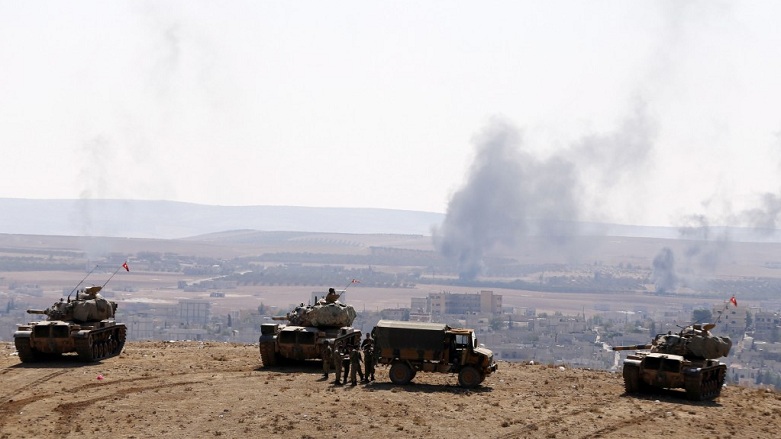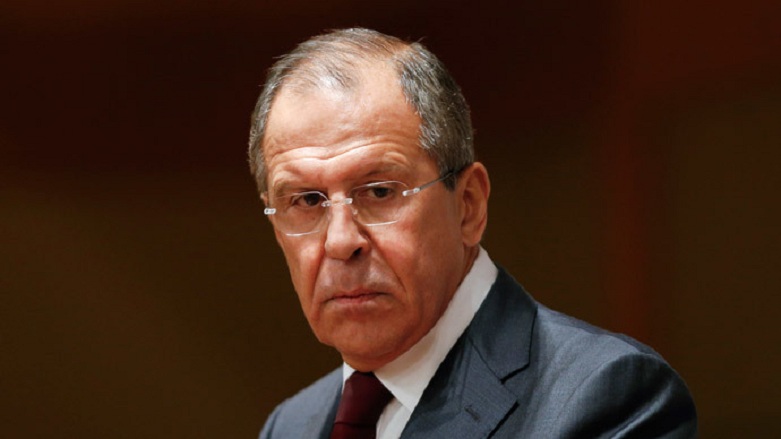Turkey continues bombing Kurds, US urges fighting Islamic State

ERBIL, Kurdistan Region (Kurdistan24) - Turkish warplanes on Thursday and Friday continued bombing Kurdish villages and military positions in Afrin of Syrian Kurdistan (Rojava).
A Friday online statement by the Turkish General Staff said airstrikes hit "six PKK/PYD" targets and left "the members of the terror group without movement capability."
Turkey considers the ruling Democratic Union Party (PYD) in Rojava and its United States-backed military wing the People's Protection Units (YPG) to be offshoots of the Kurdistan Workers' Party (PKK), thus "terrorists."
Turkish airstrikes on Kurdish forces who were pushing eastward against the IS in northern Aleppo began on Wednesday night.
Turkish state media said up to 200 Kurdish fighters were killed in 18 airstrikes on 26 positions.
An unnamed YPG commander in Afrin told AP on Thursday that 10 of his fighters were killed, not confirming any other casualties.
The General Authority of the de facto autonomous Rojava region on Thursday called upon the United Nations, US and Russian Federation to intervene and stop Turkish bombing and shelling "which also targeted civilians."
Both Kurdish forces and Turkey which backs the Free Syrian Army (FSA) factions in an incursion into Syria aim to capture the city of al Bab from the IS in northern Aleppo.
US: TURKISH STRIKES 'UNCOORDINATED'
The US which disputes Turkish designation of Syrian Kurdish forces as "terrorists" called on both sides to focus on the fight against the IS.
In a Thursday daily briefing, State Department spokesperson John Kirby said Turkish airstrikes on Kurds "would qualify as uncoordinated movements," with the US and International Coalition against the IS.
The US was aware of "the clashes," and was monitoring the situation closely, Kirby added.
"We’ve called on all parties to refrain from uncoordinated movements and to focus, as I said earlier, on the common enemy, and the common enemy is Deash," continued Kirby who warned both the Kurds and the Turks against uncoordinated movements.
Editing by Ava Homa
(Laurie Mylroie contributed to this report from Washington D.C.)

